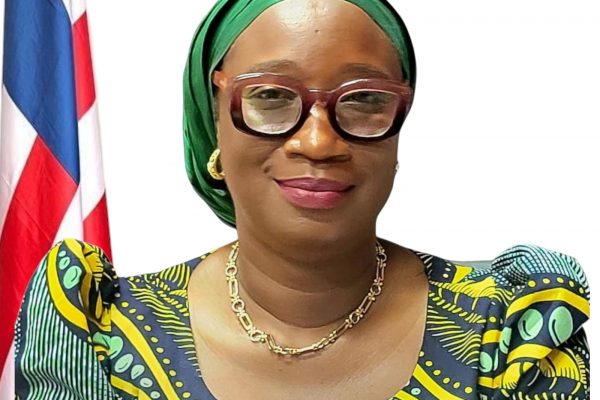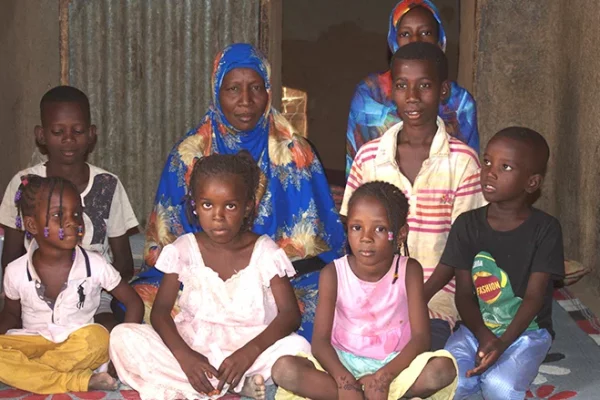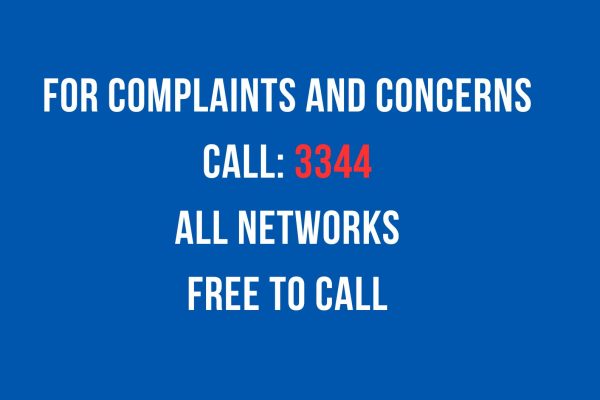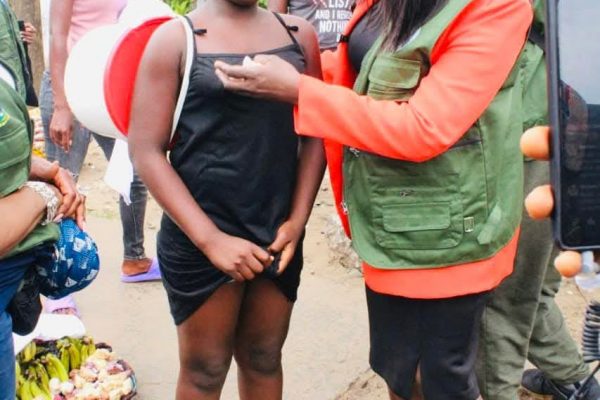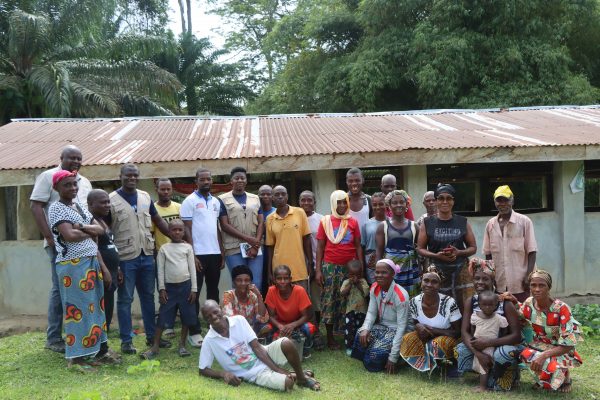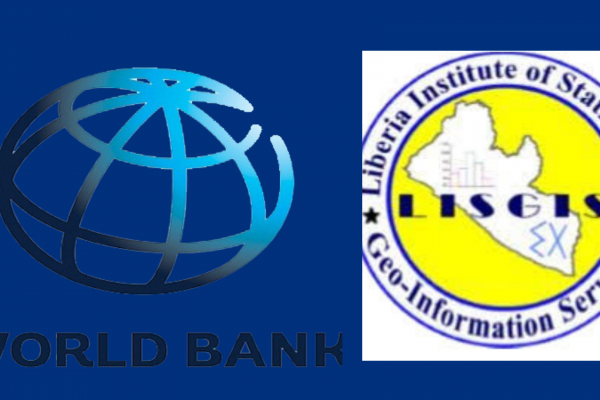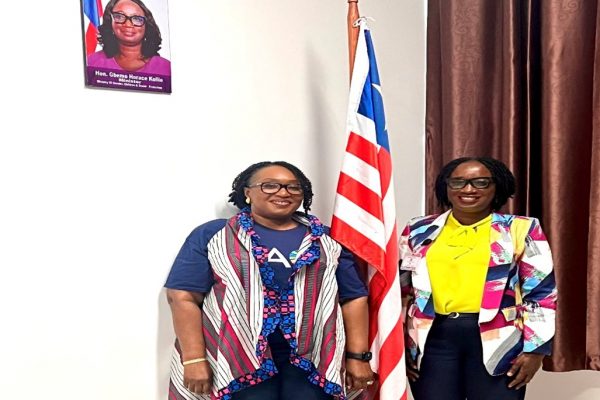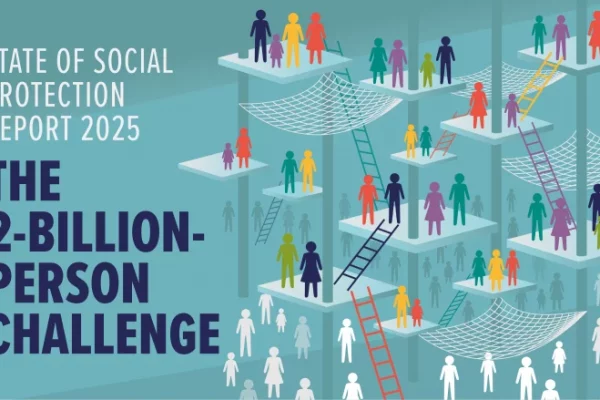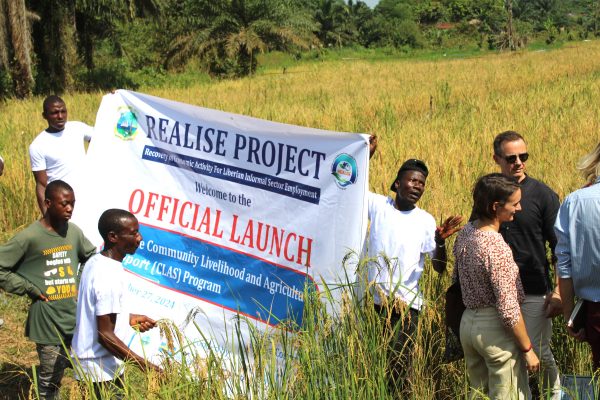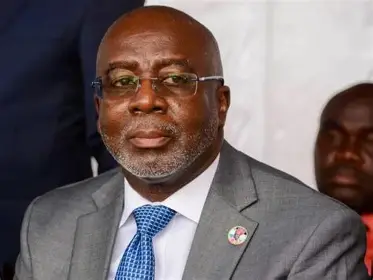
Lawmaker to Propose $25 Million Social Safety Net Fund
Monrovia, Liberia — In an effort to ease the economic burden on struggling families, a Liberian lawmaker has announced plans to introduce a proposal for the creation of a USD 25 million Social Safety Net Fund. The initiative is aimed at helping vulnerable citizens pay school fees and rent during these difficult times. The lawmaker,…

